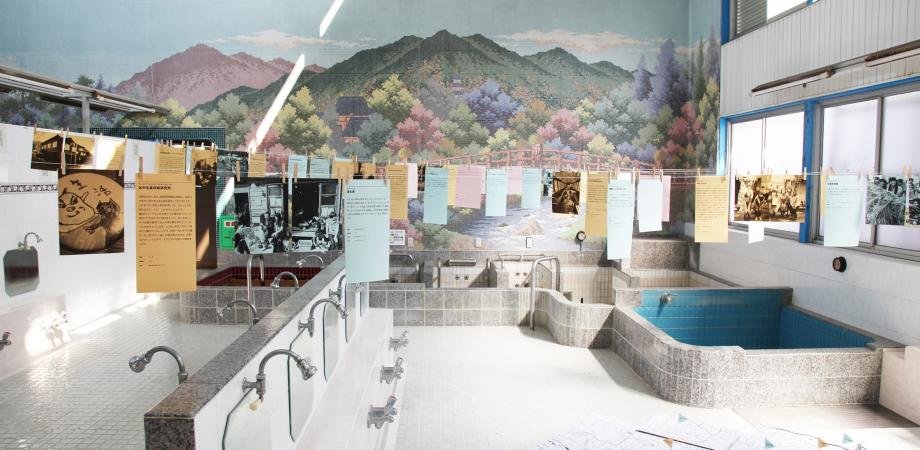AIA Japan - Connecting the Dots: Creating Resilient Communities through Transition Design
When: Friday 24 February 2023 @ 05:00 (Eastern US Time)/ 19:00 (Japan time)
CES Credits - Estimated 2 LUs for AIA Members
Description
Global environmental problems such as climate change, rapid loss of biodiversity and resource depletion have gained rapid prominence on political agendas worldwide, while man-made infrastructure systems and cities have grown more complex yet more vulnerable. Not least the COVID19 pandemic, the Russian invasion of Ukraine and frequent recent disasters have revealed the vulnerability of highly interdependent, globalised food, energy, or trade systems. Today’s pervasive, interrelated 'wicked problems' differ significantly in scale and complexity from those 'tame problems' of the past which could be addressed through incremental clean technologies and local policy responses. Although the socio-ecological problems of today require substantive ‘transitions’ in the near future, established professions and institutions are slow to respond.
These required system changes in the energy, transport, community, housing or agri-food systems are ‘socio-technical’ because they not only entail new technologies, but also changes in markets, mindsets, social practices, political cultures and deep-rooted cultural meanings and values. The emergent domain of transition design acknowledges the fact that we live in ‘transitional times’ with perpetual change finally seen as ‘the (new) normal’. Accordingly, transition design takes as its central premise the need for 'rolling' socio-environmental and socio-technical transitions to move to more sustainable futures and argues that design thinking has a key role to play. Transition design applies an understanding of the interconnectedness of social, economic, political & natural systems. It seeks to develop synergistic, networked, emergent solutions at all levels of spatio-temporal scale and in ways that directly improve the quality of life and safeguard human-centred development. It advocates the re-conception of entire lifestyles, with the aim of making them more place-based, convivial & participatory and harmonising them with the natural environment.
In this lecture we will first examine the complexity of so-called wicked problems —problems that are difficult or impossible to solve because of their complex and co-dependent nature. We will discuss a system of possible metrics that help to assess the appropriateness of transition design interventions. In the second part, we will explore novel, existing design interventions mostly from Japan that are living up to the holistic principles of transition design, as they were developed by scholars at The School of Design at Carnegie Mellon University. Lastly, the lecture will conclude with a discussion of concepts like 'cosmopolitan localism' (Manzini), 'pluriverse' (Escobar), or 'inter-localisation' (Iwasaki) that promise a positive way forward, towards more empowered, resilient communities in an age of intensifying planetary crises.







